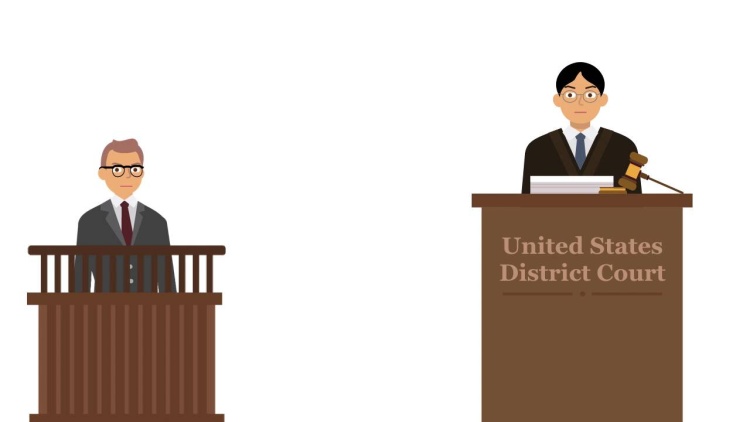United States v. Freeman
United States Court of Appeals for the Second Circuit
357 F.2d 606 (1966)

- Written by Sara Rhee, JD
Facts
Charles Freeman (defendant) had a long history of drug and alcohol abuse. In 1963, Freeman sold heroin to undercover police officers. Freeman was arrested and charged. Freeman was determined competent to stand trial, but he argued he lacked capacity to be found guilty for his actions. The district court applied the M’Naghten test for incapacity, which provides that to avoid criminal liability, a person must suffer from a mental disease or defect that makes him incapable of knowing the nature and quality of his actions or that those actions were wrongful. Freeman’s expert psychiatric witness indicated that Freeman had suffered bouts of toxic psychosis, delusions, hallucinations, convulsions, amnesia, and brain traumas related to his drug use and prize fighting. Nevertheless, the expert conceded that Freeman was aware that he was selling heroin but did not know it was wrong. The government presented expert psychiatric testimony that even though Freeman’s drug use had dulled his thinking, he could still, with limitations, tell right from wrong. The district judge concluded that Freeman’s incapacity did not rise to the level required to satisfy the M’Naghten test and found him guilty. Freeman appealed.
Rule of Law
Issue
Holding and Reasoning (Kaufman, J.)
Concurrence (Waterman, J.)
What to do next…
Here's why 903,000 law students have relied on our case briefs:
- Written by law professors and practitioners, not other law students. 47,100 briefs, keyed to 995 casebooks. Top-notch customer support.
- The right amount of information, includes the facts, issues, rule of law, holding and reasoning, and any concurrences and dissents.
- Access in your classes, works on your mobile and tablet. Massive library of related video lessons and high quality multiple-choice questions.
- Easy to use, uniform format for every case brief. Written in plain English, not in legalese. Our briefs summarize and simplify; they don’t just repeat the court’s language.





